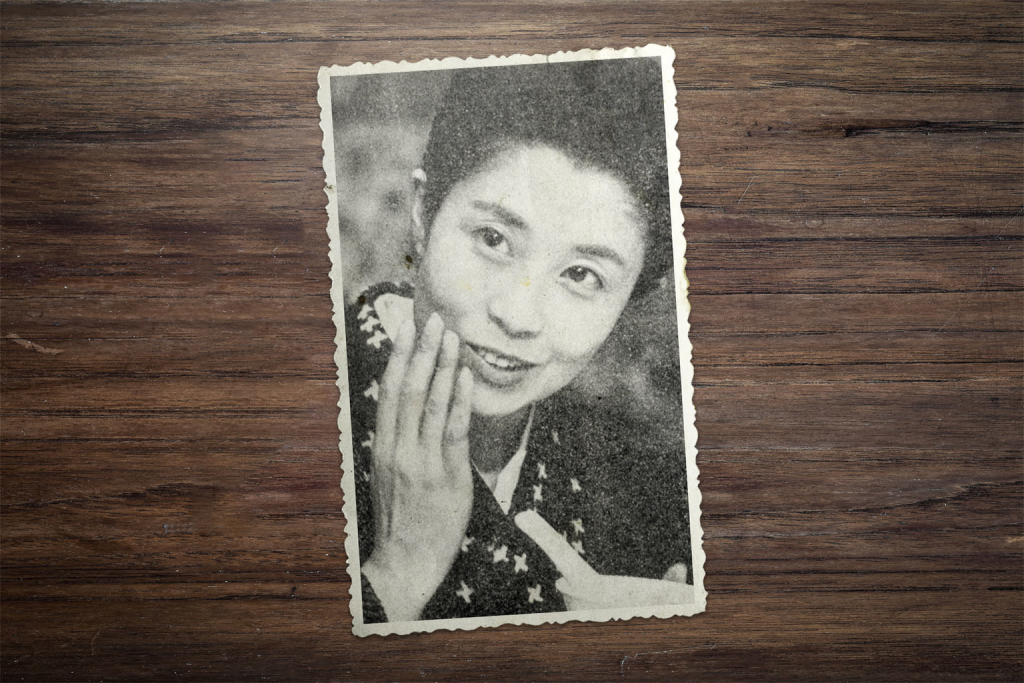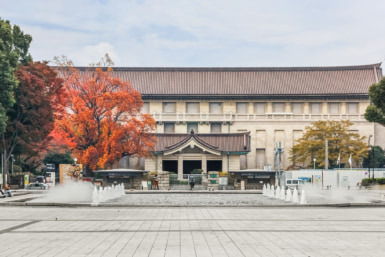Mitsuko Mori died in 2012, but her impact on Japan’s entertainment culture resounds. As a prolific actress, presenter, singer and otherwise multitalent, her contributions to comedy, theater, TV and other corners of Japanese media would change the country’s arts scene forever. At the same time, her notoriety is not limited to her stage and camera (and audio) personas – she also had fiery personal takes on career acting and entertainment, not to mention her career’s close correspondence with national history.
Her course to stardom was pretty turbulent (and entwined with the precursors of World War II)
When Mori was just starting out in cinema, she starred in a number of B-grade movies. She entered in a brief and eventually broken engagement with fledgling director Kazuo (or Issei) Mori, and then Japan’s Motion Picture Act of 1939 was enacted. For a few years at this point, the country, for its expansionist project in China, had been pursuing total war.
The film industry was by no means exempted from those policies. Not only did the legislation demand the production of more nationalistic and militaristic films, but it also severely restricted actors’ appearances in movies. Mori then joined the army’s “consolation group” to Manchuria – a group of entertainers charged with maintaining the soldiers’ morale – with aims of singing. She toured the Chinese and southern fronts, even having a brush with an air raid. Later in her life, she battled tuberculosis, to the point where rumors circulated that the young actress was dead.
But, slogging through a harsh industry upon recovery, Mori did find success as a comedic radio personality and eventually an actor, albeit in supporting roles for a period. Her big break and first leading role was the stage play of Hourou-ki. She was the first actor in Japan to bring this biopic of novelist Fumiko Hayashi to the theater. (For this role she became the first actress to receive Japan’s Prestigious Honor Award. She was awarded on July 1, 2009 – the anniversary of which Google recognized with their Google Doodle.)
https://www.youtube.com/watch?v=9AwiRrFRzhI
She channeled her acting talents into comedy
In the ’60s, she starred in a great number of TV series to become one of Japan’s most famous “mother actresses,” even earning the title “Japan’s Mother.” But much earlier in her acting career, after a stint in comedy radio, she starred in the first comedy program produced by an Osaka station to be broadcast nationally.
She was a Ghibli shaman
She even dug into anime! Mori voiced Hii-sama, the wisewoman and shaman in the 1997 Studio Ghibli film Princess Mononoke.
She had a somewhat fraught relationship with her profession
In 1963, after her first time playing Fumiko Hayashi in Hourou-ki – though she embraced the role and came to play the struggling novelist on stage some 2,000 times through her life – she said in an interview, “I’ve been living my life by putting my body on the line, where there is no escape from a last-minute decision at any time. The misery of being an actor, a profession with no severance pay or unemployment insurance, is engraved on my own body. That’s why I can’t be extravagant enough to turn down work.” Against protests from her husband at the time, she put her all into her work. After this divorce, she remained single for the rest of her life. And she continued acting in the play well into her 80s.
In 1984, she was awarded the Medal with Purple Ribbon
The national accolade is given to people who have had many academic and/or artistic accomplishments. Later, in the early ’90s, she was awarded the Third Order of the Sacred Treasure for her many services to the public.








